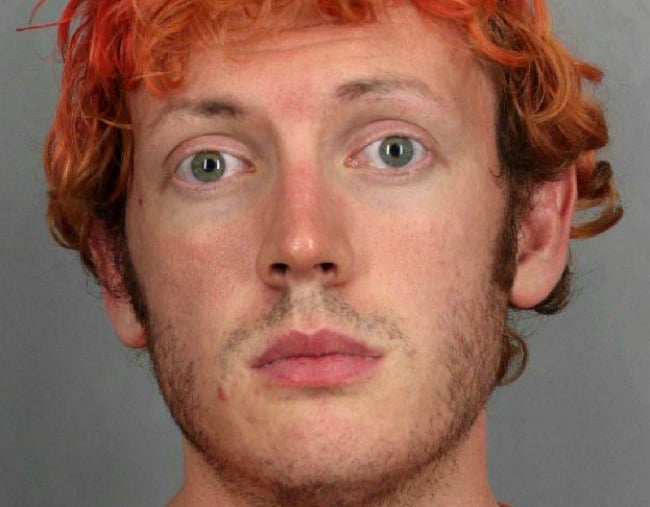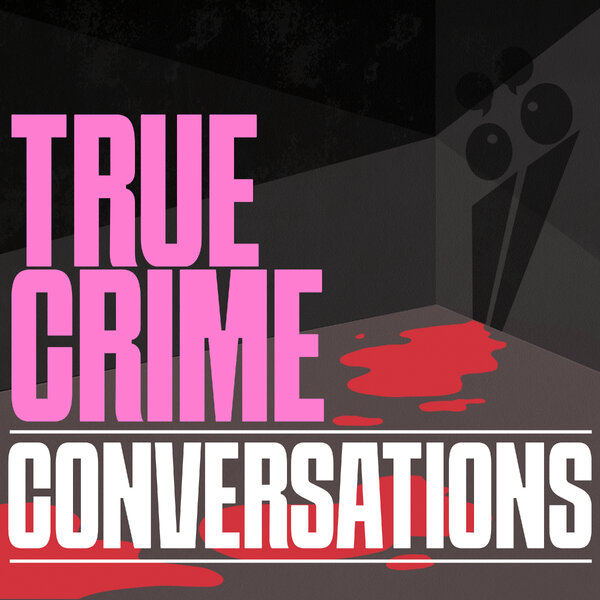
Two months before James Holmes shot and killed 12 people at a Colorado movie theatre, a psychiatrist he saw noted he had “homicidal thoughts”.
Also within the notes of Dr Lynne Fenton, is that Holmes made no specific threats and when she asked him for more details he refused, saying she would “lock him up”.
The chilling notes of the University of Colorado psychiatrist who treated the 30-year-old for a short time when he was there attending graduate school, were released to the public this month.
After a campaign and legal push by the Denver Post for the documents to be made public, the judge in his 2015 murder trial unsealed this and other psychiatrists’ evaluations post-shooting.
Along with a social worker’s referral, they paint a haunting picture of the young man’s state of mind in the months before he committed a mass shooting at a midnight screening of The Dark Knight Rises in an Aurora cinema on 20 July 2012.
After the shooting at a Florida high school, students called for greater gun control. Post continues.
Margaret Roath, who referred Holmes to Dr Fenton in March 2012, said in her own notes that he had “crying spells”, “problems concentrating” and symptoms of Obsessive-Compulsive Disorder.
Disturbingly, Holmes’ words seem to suggest he was already contemplating an attack.
“When I asked him about other symptoms, he said he did not want to say as I would have to report him,” Roath wrote.
“He says he wants to kill other people, but no one in particular and has never done anything to harm others.”





























































































